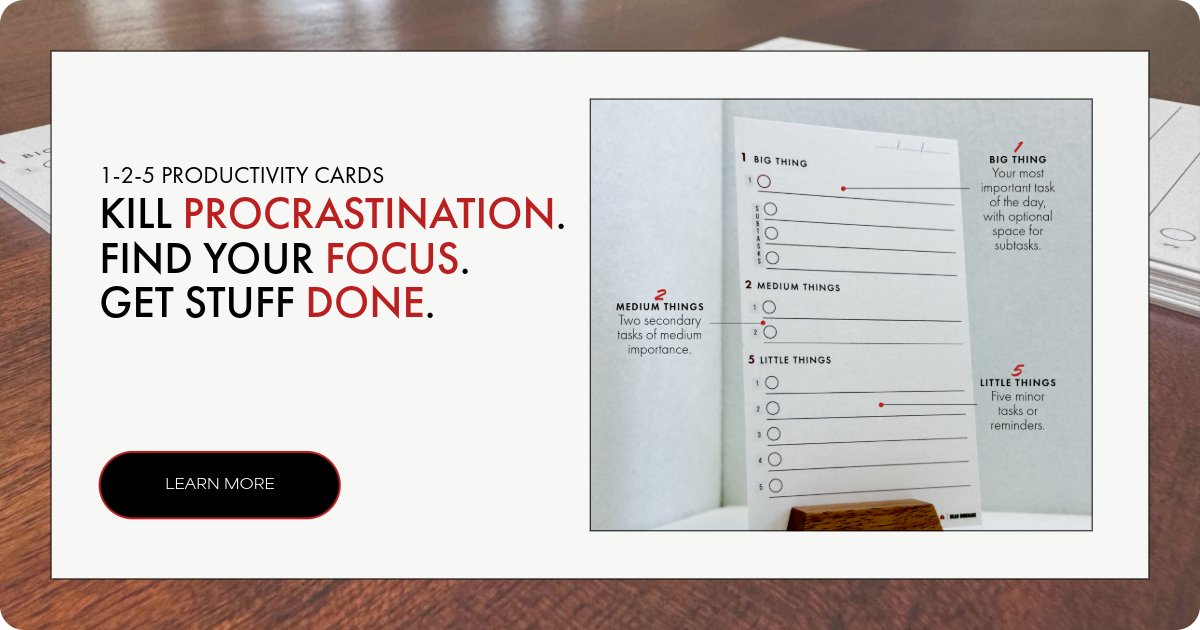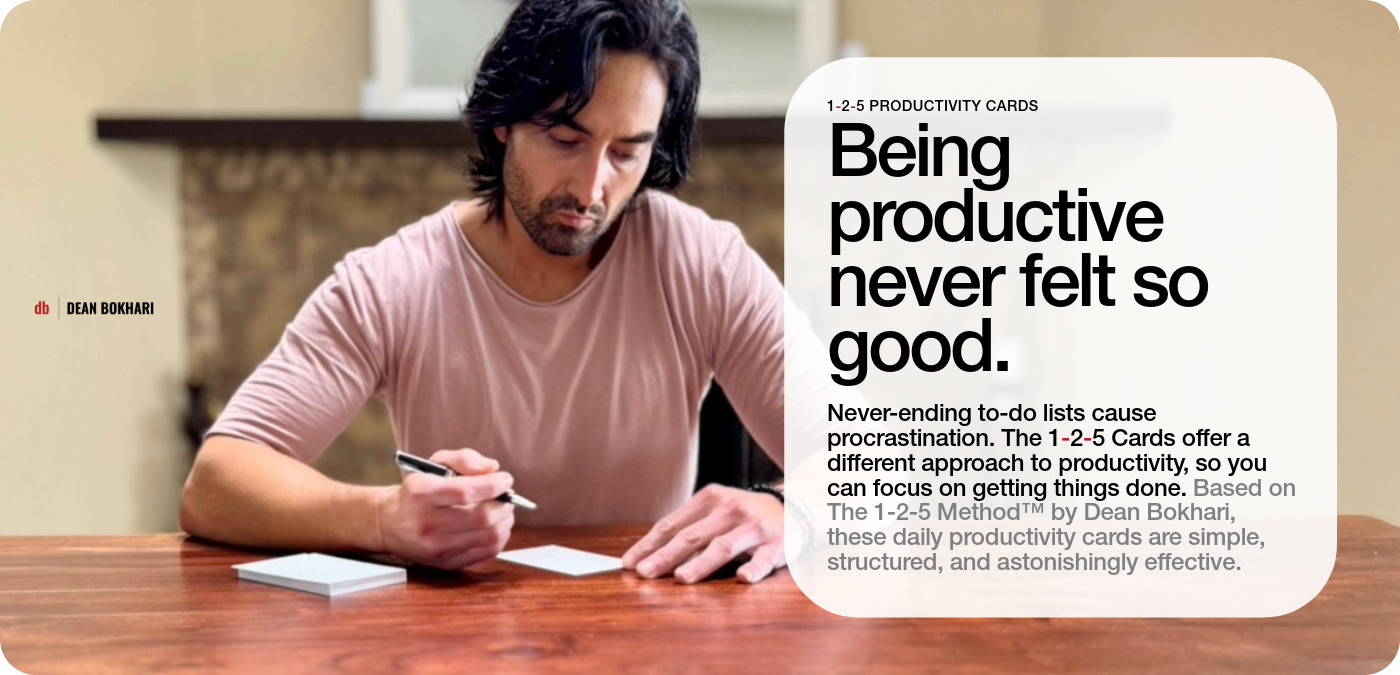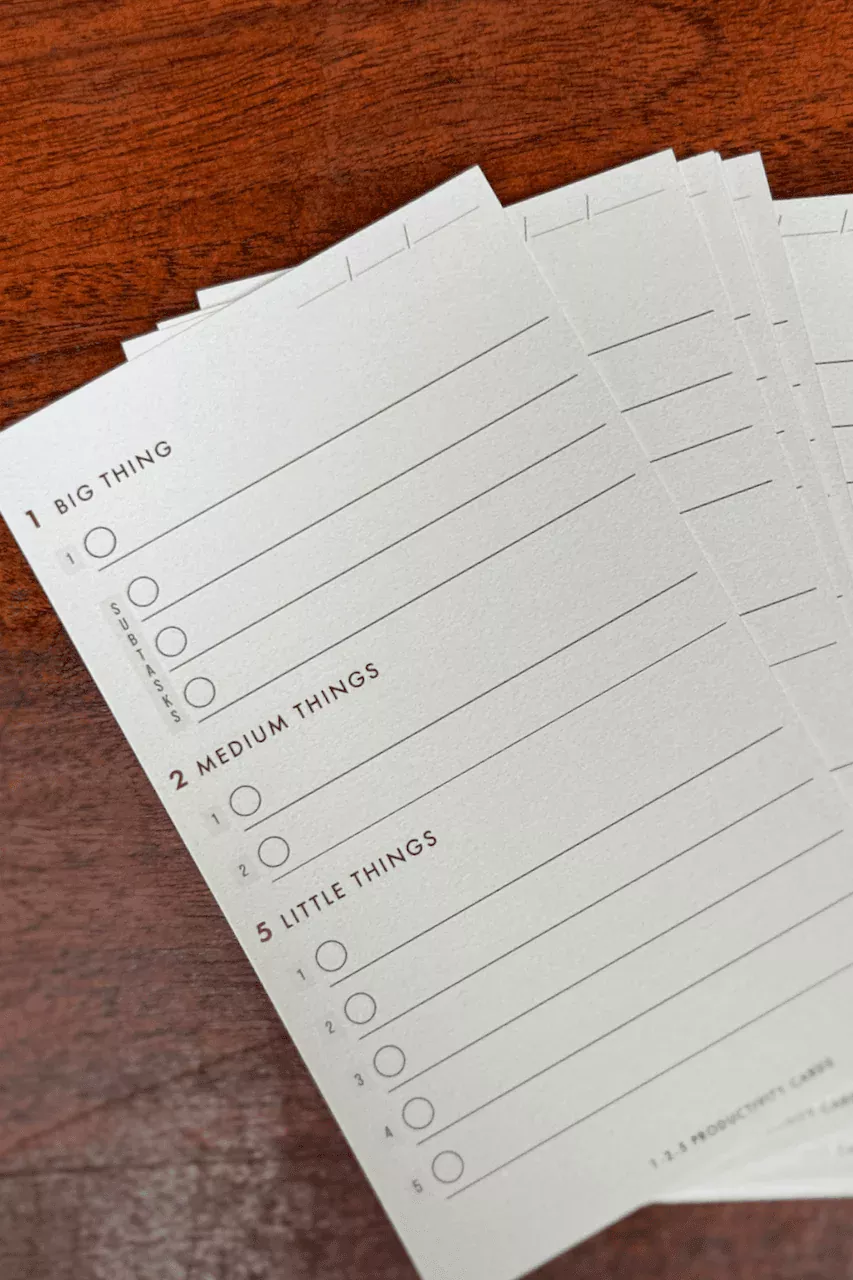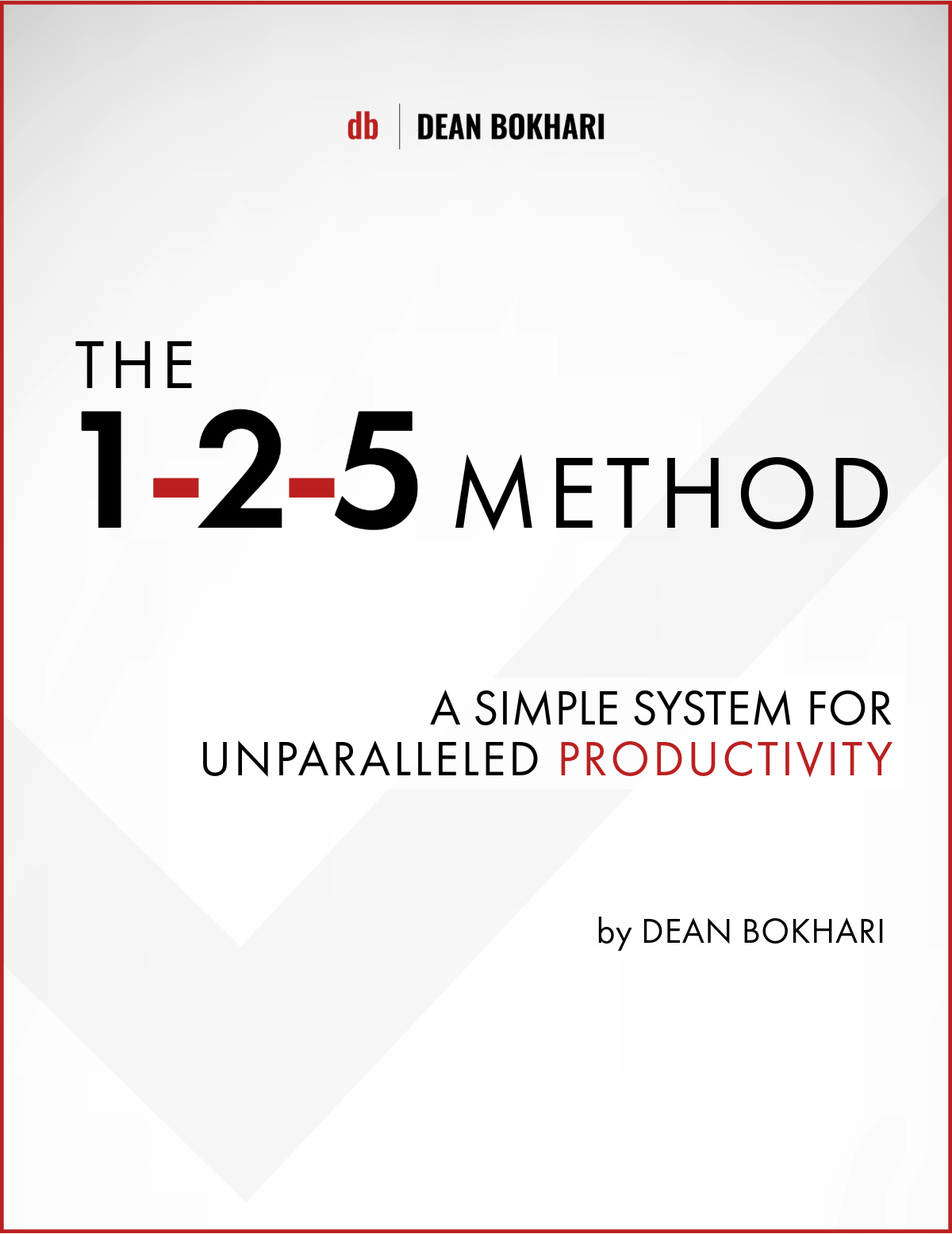The Psychology of Feeling Prepared—Why Training Changes Everything
COLLABORATIVE POST
Preparation is sometimes seen as a box-ticking exercise, an inclusion to follow the rules so you can say it’s been done. But its value is best seen in its absence; done right, training shapes the way we think and respond under pressure. When we have prepared properly our brains process challenges as routine tasks, rather than looming threats. And when you haven’t prepared, you see how quickly stress takes over.
Particularly in the workplace, the difference between confidence and anxiety often comes down to whether we feel we have had the chance to learn, practise, and verify our skills. This is why training and certification matter beyond a mere matter of compliance: they actively impact how we experience our everyday responsibilities.
The hidden stress of feeling unprepared
Most people can identify with the sinking feeling when they’re asked to do something they don’t feel ready for. Whether it is leading a presentation, responding to an unexpected situation, or handling unfamiliar equipment, the lack of preparation takes a real toll. There’s a reason that one of the most common stress dreams is facing an exam you haven’t studied for; we as humans are terrified of being in these situations.
Psychologists link this feeling to “anticipatory stress”, the body’s response to situations where outcomes are uncertain or overwhelming. It’s not just a matter of nerves - unpreparedness can trigger a rise in cortisol, the body’s stress hormone, along with racing thoughts, and even avoidance. Left unchecked, patterns like this can reduce confidence and cause burnout.
What makes this worse is that workplaces often expect quick adaptation. Without clear guidance and proactive support, employees carry this stress with them. The irony is that the solution is straightforward and intuitive: structured training.
How training and certification impact mindset
Preparation affects perception. Studies in psychology show that mastery reduces anxiety by familiarizing the unknown. Training provides the technical knowledge needed to perform, as well as the muscle memory that allows you to put it into practice.
Certification matters too. Having proof that you have completed a recognized program gives you an external validation of your skills. It turns confidence from a nebulous feeling to a concrete fact. In situations where safety is critical, having completed a WHMIS certificate does more than satisfy legal requirements. It signals to the worker, employer, and client alike that hazardous materials can be handled with confidence and care.
The mental shift from “I hope I can” to “I know I can” is powerful - and teams where training is prioritized show higher trust, which drives higher morale, because everyone knows they are equipped to handle their roles, and so is the person next to them.
At its core, training creates freedom and releases a person to deliver their best work. It replaces uncertainty and transforms stress into strength. In a world that rarely slows down, feeling prepared is more than just a regulatory need - it’s the oil that allows the wheels to move and enables people to thrive in situations that have the power to otherwise bring them to a halt.
— End of collaborative post —
✨ New Series: How to Become an Early Riser
- Discover key methods to make early rising a habit
- How to wake up early + energized every morning
- Morning routines for health + success
Free self-development courses
👇
Tap on any of the courses below to start learning how to:
- boost your productivity (with GTD),
- get focused (with Deep Work),
- or learn the art of influencing others (with the How to Win Friends & Influence People course.)
All for free.
👇
Free life guides
👇
Best-selling Self-development courses by Dean Bokhari
Kill procrastination.
|
Get stuff done.
|
Get motivated.
|
Connect with anyone.
|
freshly pressed:
Top Audiobooks narrated by Dean Bokhari on audible | |
Book summaries
- The Power of Habit by Charles Duhigg
- 12 Rules for Life by Jordan B. Peterson
- Presence by Amy Cuddy
- Leaders Eat Last by Simon Sinek
- The ONE Thing by Gary Keller, Jay Pasan
- Deep Work by Cal Newport






































